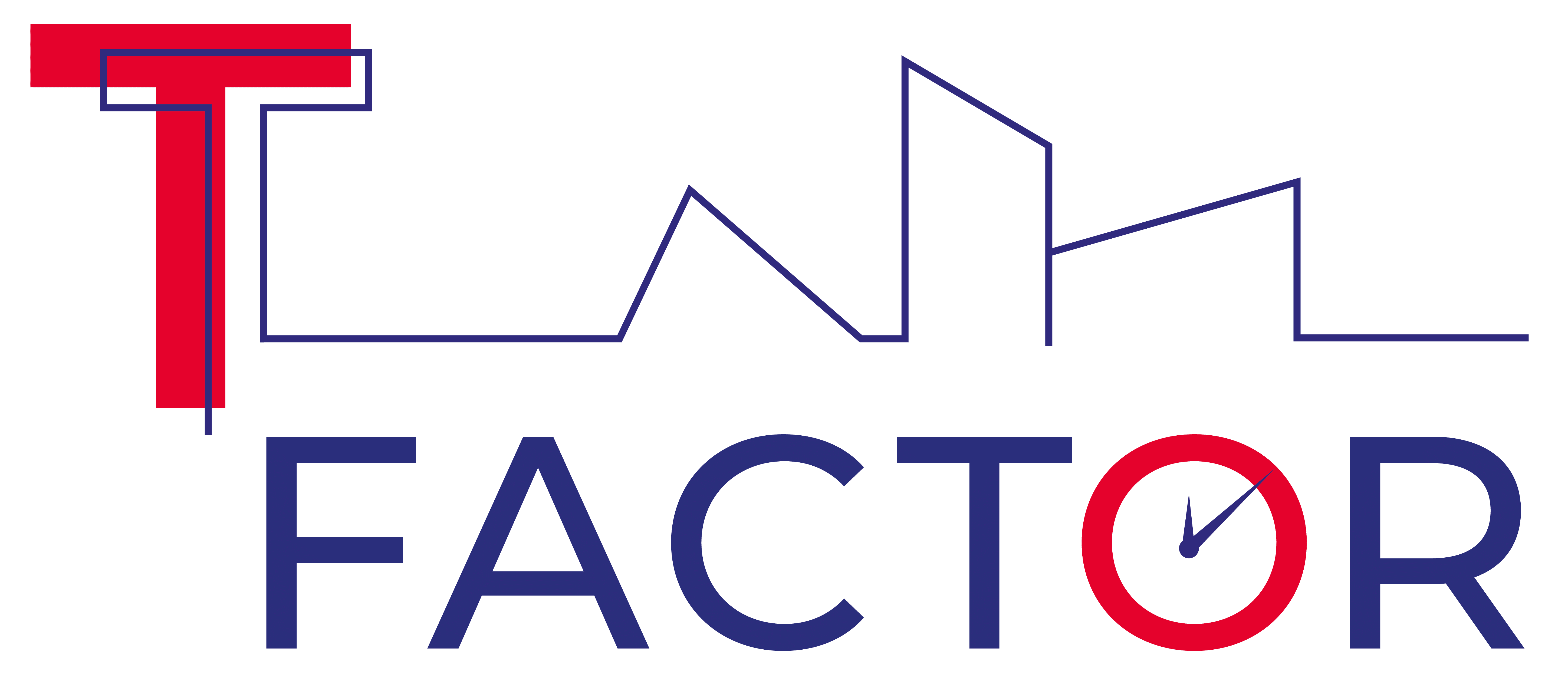/how
We work

Regenerating cities in the age of complexity and rapid change requires novel approaches able to leverage and integrate a rich variety of knowledge domains, competencies and capacities. In T-Factor, we work through four main building blocks that addresses specific challenges and aspects of temporary use strategies in urban regeneration, all characterised by international and multi-disciplinary collaboration. These building blocks are: the Pilots, the Advanced Cases, the Transformation Agency and the T-Labs.
/pilots
Leveraging mission-oriented temporary uses for more inclusive, sustainable and innovative urban regeneration



T-Factor addresses 6 regeneration sites in European cities, with the aim of demonstrating the role that temporary uses can play in accelerating time to impact and anticipating more inclusive and sustainable futures. Within these redevelopments - Aleksotas in Kaunas, Amsterdam Science Park, Euston in London, MIND in Milan, Trafaria in Lisbon and Zorrotzaurre in Bilbao - T-Factor works to support creative and collaborative temporary uses that respond to specific innovation missions, understood as narrative and evocative goals that give sense, meaning and strategic direction to 'meanwhile' activation, while being relevant to broader and long term challenges of urban regeneration.
/advanced cases
Leveraging learning and experience from temporary uses strategies in advanced regeneration initiatives




T-Factor's Advanced Cases are advanced or almost completed regeneration projects in European and non European cities where temporary uses stand as a key feature of their process and story. Including La Friche in Marseille, Dortmunder U and Union Quarter in Dortmund, Manifattura Tabacchi Firenze, Poblenou in Barcelona, Kings Cross in London, EC1 and New City Centre in Lodz, Industry City in New York and Red Town in Shanghai, the Advanced Cases are a source of knowledge and learning for the project and its pilots.
/transformation agency
Coaching and mentoring the pilots through design-driven approaches to temporary uses



The Transformation Agency is a design-driven task force that steers and supports the Pilots throughout the definition, implementation, evaluation and follow up of temporary use interventions across the targeted site. The team includes experts in different domains, including service design, systemic design, speculative design, data visualisation, impact evaluation, and more. In the project, the Agency also works to make sure that the knowledge, learning and content produced over time is properly systematised, curated and made openly available to the different publics and audiences addressed by the project.
Agency partners:
/transformation labs
Enhancing potential for impact through locally driven yet internationally rooted collaboration




The Transformation Labs (T-Labs) are seven thematic hubs of knowledge and expertise that support the Pilots in addressing specific innovation missions through temporary uses. Spanning themes such as culture and creativity, greening and nature-based solutions, circularity, social innovation, climate change (amongst others), the T-Labs are a key engine through which international research and innovation is put at the service of locally driven yet globally relevant challenges of sustainable urban development.
T-Lab1
Arts, Culture and Creativity
- T-Lab1 explores and exchanges expertise in collaborative and participatory arts and design practices to support meaningful engagement, foster social inclusion and cohesion, build community resilience and deliver cultural value.
Members: University of the Arts London (UK); Friche La Belle de Mai (France); NOVA University Lisbon (Portugal)
T-Lab2
Urban Production and Digitalisation
- T-Lab 2 combines the potential of Industry 4.0 and Industry 5.0 with the innovative perspectives of young digital start-ups and socio-digital movements like the maker movement. Meanwhile spaces open facilitation possibilities to integrate these topics, e.g. in maker spaces and urban innovation hubs. The Lab adopts a human-centric approach for digital technologies including artificial intelligence, up-skilling and reskilling workers, particularly digital skills, modern, resource-efficient and sustainable industries.
T-Lab3
Citizens-led Smartness
T-Lab 3 supports Pilots in rethinking “smartness” towards an inclusive and sustainable digital transformation. The Lab envisions the meanwhile as a sandbox to collectively redefine the meaning and use of technology in urban environments. Citizen-led Smartness means supporting Pilots in steering a localised digital value chain where value is generated and distributed locally, and citizens have a high degree of awareness and agency.
T-Lab4
Urban Design for Sociality and Wellbeing
- T-Lab 4 envisions public spaces as drivers for more inclusive urban development and as platforms promoting public debate and social interaction. The climate emergency, shifting social behaviors and the pandemic are all severely impacting how citizens see, use and desire urban landscapes. At the same time, these shifting perspectives show great potential to support achieving the goals of Agenda 2030 and for opening a debate with EU initiatives focused on sustainability and cooperation, such as the New European Bauhaus.
Members: LAND Italia (Italy); University of the Arts London (UK)
T-Lab5
Circular and Collaborative Economy
T-Lab 5 supports exploration and experimentation with temporary uses rooted in circular and collaborative economy practices. The aim is to raise awareness about the environmental and technological challenges in achieving a sustainable and inclusive society, particularly through the lenses of circular material flows and collaborative economies at the neighbourhood level.
Members: Universitat Oberta de Catalunya (Spain); ANCI Toscana (Italy)
T-Lab6
Social Innovation and Social Inclusion
T-Lab 6 explores how temporary uses can be shaped as a supporting infrastructure for co-productive urban development, e.g. collaborative initiatives such as social enterprises. Core issues are the role of participation in urban regeneration projects, focusing on creation of new labour and the inclusion of vulnerable groups and groups at risk of exclusion.
Members: TU Dortmund University (Germany); City of Lodz (Poland); City of Dortmund (Germany)
T-Lab7
Climate Change and Regenerative Cities
T-Lab7 envisions climate action in cities as the driving force for highest quality, inclusive and thriving urban regeneration that fundamentally respects our planetary boundaries. T-Lab 7 supports the creation of integrated and holistic temporary use programmes that can address climate-related issues through a systemic approach, particularly through temporary uses that can work as testbeds for municipal policy, strategy and regulatory innovations.
Members: ANCI Toscana (Italy); TU Dortmund University (Germany); Tongji University (China)

